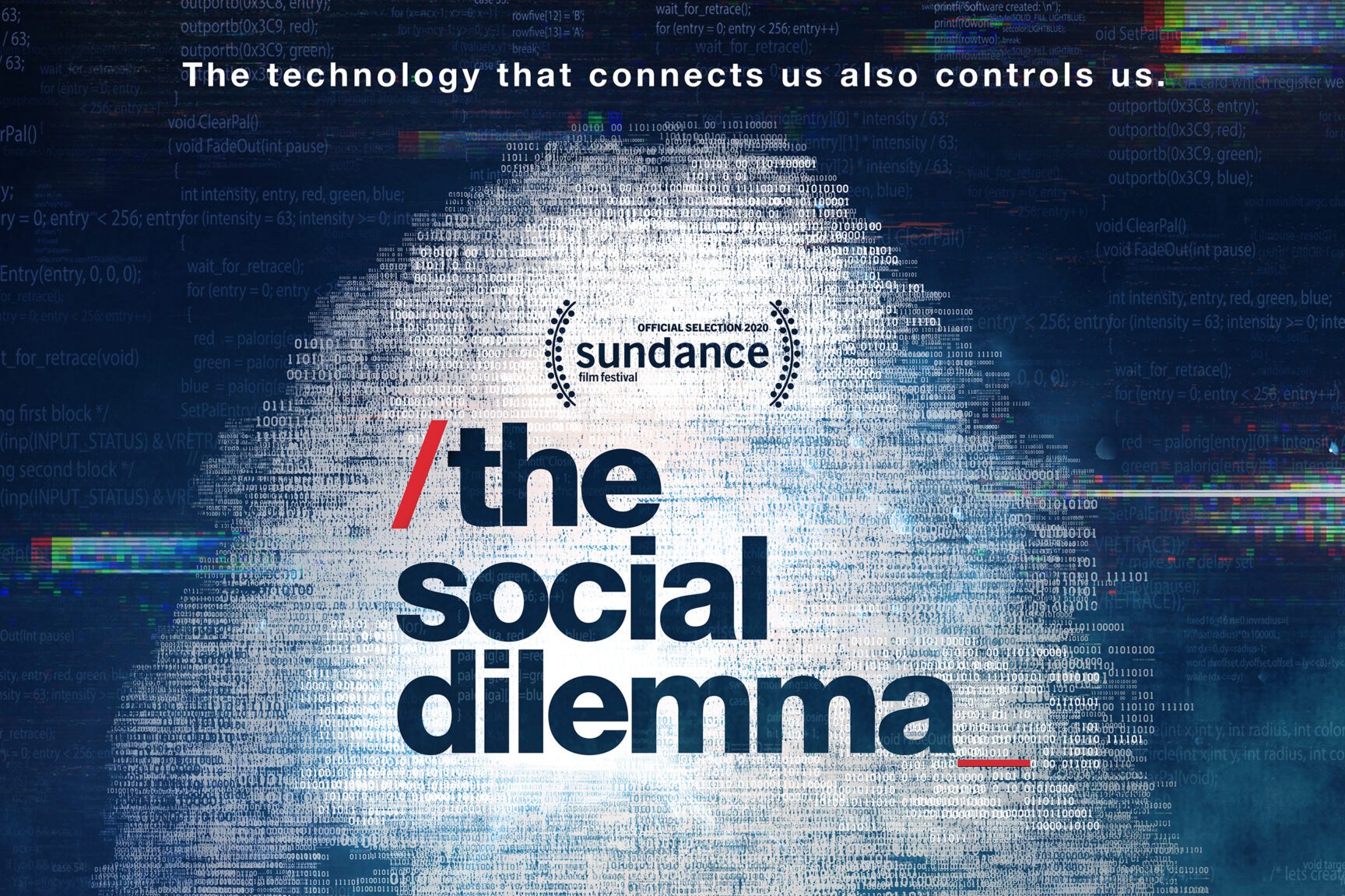“If you’re not paying for the product – you are the product.”

Rating: 4/5
Never mind Disney+ or the newest Marvel release, Jeff Orlowski’s documentary “The Social Dilemma” on Netflix is the film everybody who uses social media should watch right now. Especially if you are born after the 90s.
I was recommended the documentary by a concerned family member and told I definitely had to watch it, and that it was urgent. He added that the documentary had kept him up at night.
So I sat down with a cuppa and found the documentary on Netflix, under the “most popular” section. This turned out to be with good reason.
In “The Social Dilemma” Jeff Orlowski has gotten a group of former top employees from the big technology companies to speak. The story in the film follows the people who know the industry well, who has been involved in building it up, and now doubt whether what they are doing is ethically sustainable.

21 Jan 2017. Credit: Taylor Jewell/Invision/AP/Shutterstock
This documentary presents what social media does to us both as individuals and as a society, in a way that is easy to digest. We get to know a fictionalized family where the son is radicalized by YouTube, and the youngest daughter has her self-image destroyed by Instagram.
The information is already available, but most of us live in a bubble and don’t seek it out. What are the consequences of our ever-increasing dependence on social media? Insiders in Silicon Valley reveal what’s hiding on the other side of your screen.
It examines how getting likes, being tagged in a picture, getting a response to something we have posted, all gives us confirmation. It triggers the reward centre in our brains, causing it to release dopamine. It makes us happy, but it’s a fleeting feeling. We need more.
Through following the fictional family, and through interviews with the former tech company employees, Jeff Orlowski tells us how Instagram, Reddit, Snapchat, Google, Twitter and TikTok are all designed for maximum addiction, and how the people behind them are behavioural psychologists who get paid well for never letting us hang up our phones.
Every click we’ve ever made is saved and analyzed. No one has ever known so much about us.

The film also addresses how the system affects our interaction with society and how it affects politics. The increasingly personalized flow of information is a direct cause, it proposes, of increasing political polarization.
The information I receive is not the same as yours. Meaning, for every click, we move further away from each other. If you’re starting to show interest for chemtrails, or anything else, your feed will reinforce this. The more you click, the further you stick your head into the sand. Eventually, anything that doesn’t show up in your feed seems like lies and propaganda from the other side.
The film tells us over and over again, in different ways, that it is you and I who are sold. We are the product. The advertisers are the customers, the technology companies are the producers. You and I are the goods. Nothing is free. If you don’t pay for the product, you are the product.
The social dilemma sets out how our attention is lured into our screens, whilst what is important happens in a different place, which we don’t see, because the value of entertainment on our screens is too great a pull.
This is definitely an important film created to open the eyes of everyone who owns smartphone.
WATCH: The Social Dilemma trailer:

